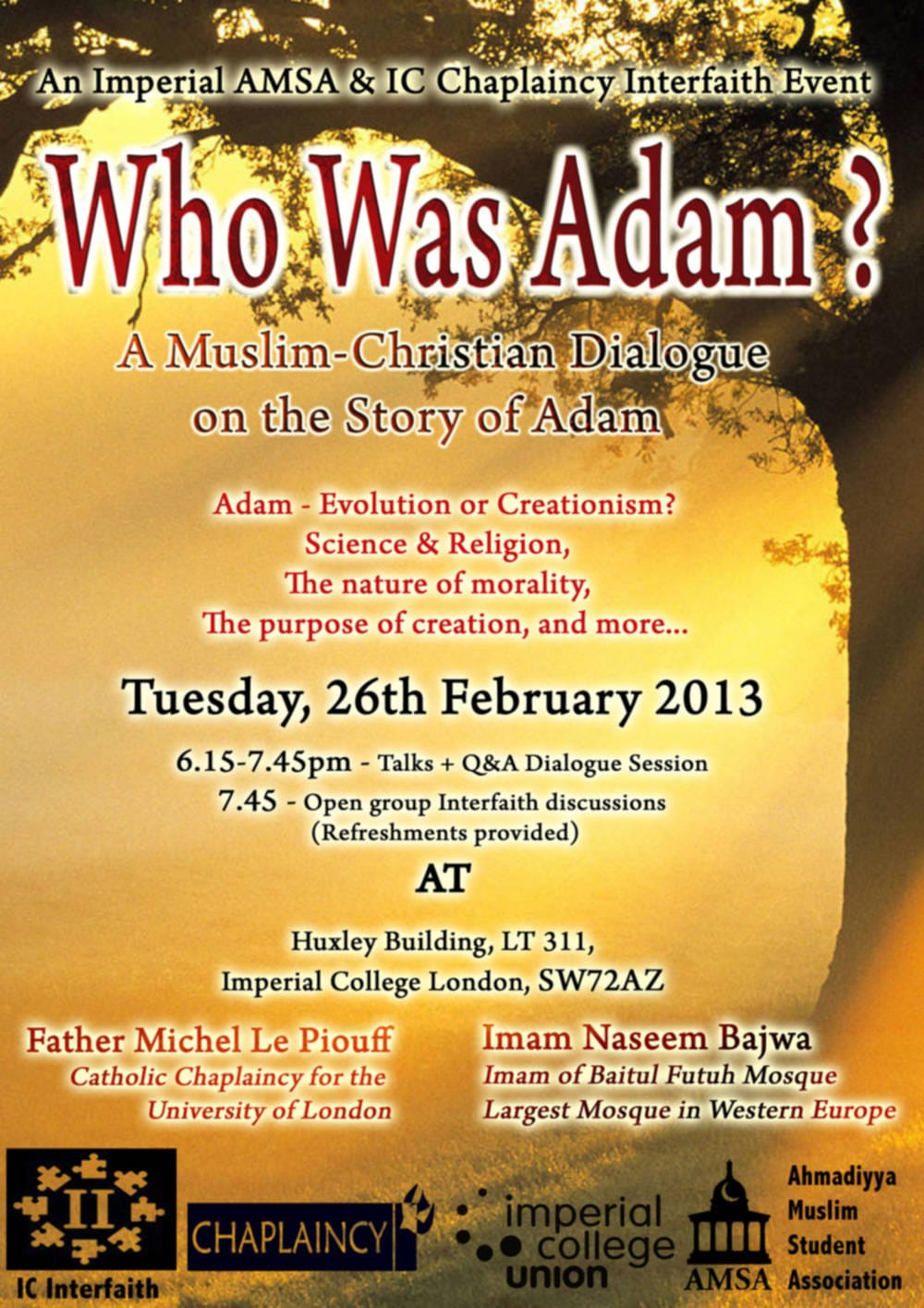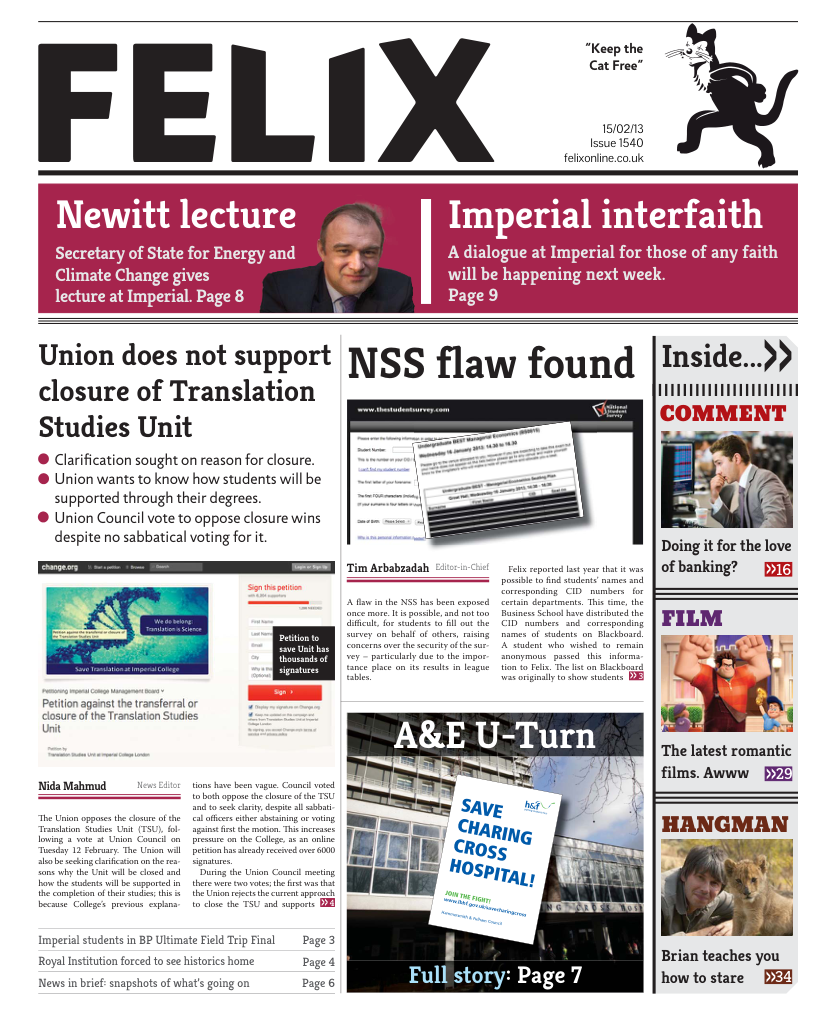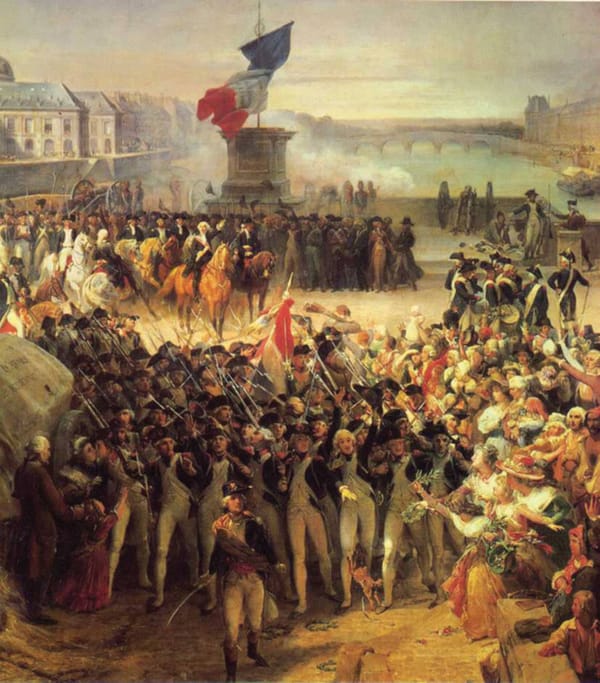Have interfaith in dialogue
College Chaplain Andrew Wilson urges a dialogue between faiths

'It’s a dialogue, not a debate’. This declaration is the first point from the guidelines for interfaith discussion written by Imperial students. Debates can dramatise conflicting ideas but dialogue is as much about listening as it is about speaking. Debates are necessary when making public and democratic decisions. But debates rarely help us understand views that are radically different from our own. This is because beliefs, both religious and philosophical, are not just ideas. Beliefs are frequently rooted in complex identities. These can involve shared culture, social relationships and family networks. In addition beliefs often have a physical dimension – food customs, dress codes, and postures for prayer. And all of these will have an emotional component and be part of deep personal memories, values and expectations. This rich human experience cannot be explored in a debate over ideas. Dialogue partners do not seek agreement, and there is no winner. The challenge of dialogue is in exploring profound differences of view – and staying calm. The bonus, however, is that we discover the unique personal perspective of the other person. We also start to see how our beliefs, and very identity, are seen by others. This is not always a comfortable experience. It is far easier to stay with our own assumptions, projections, and tribal fears than enter into dialogue.
At a conference at Yale last summer I listened to Eboo Patel, President Obama’s Interfaith Advisor. Patel, a Muslim, is the Founder of the Interfaith Youth Core. This is a student led interfaith movement across US campuses promoting dialogue and social action. Patel was originally motivated by witnessing anti-Semitism and bullying in his high school. He has gone on to champion better relationships between people of different faiths, and now between those who are religious and those who are secular.
Patel argues “I started to see attitudes, knowledge, and relationships as three sides of a triangle. If you know some (accurate and positive) things about a religion, and you know some people from that religion, you are far more likely to have positive attitudes toward that tradition and that community. The more favourable your attitude, the more open you will be to new relationships and additional appreciative knowledge. A couple of cycles around this triangle, and people from different faiths are starting to smile at each other on the streets instead of looking away or crossing to the other side.”
In the next few weeks there are a number of student led interfaith dialogues. On Tuesday 26 February (18:15 in Huxley 311) the Ahmadiyya Muslim Students Association (AMSA), with the Chaplaincy, are hosting a Muslim-Christian dialogue about the origins of humanity using the story of Adam and Eve common to both traditions. This is followed by a series of three weekly lunchtime dialogue groups hosted by Aemun Reza, the Union’s Interfaith Officer, starting on Wednesday 6 March (13:00 in Room 2, East Basement of Beit). The first topic for dialogue is ‘I believe in…Science’.
A Jewish-Muslim Dialogue led by Jewish Society and AMSA is planned for 4th March. And finally, Islamic Society are hosting a discussion on “Freedom of Religion in Britain” with representatives from the Catholic Society, and the Atheists, Secularists and Humanists Society on Tuesday 19 February (Huxley 311). Let the dialogues begin!
Details of all these events on Imperial Interfaith’s Facebook page or www.imperial.ac.uk/chaplaincy







